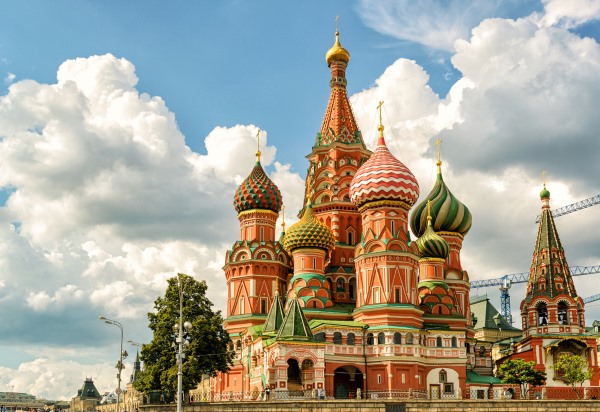Russia bans Wikipedia because Russia (and drugs)

Russia has placed a complete ban on Wikipedia because of an article about cannabis. The country's Federal Service for the Supervision of Communications, Information Technology and Mass Media (Roskomnadzor) took exception to an article about charas -- a cannabis product popular in India.
The Russian Federal Drug Control Service deemed the article illegal because it included information about how the drug is made. Wikipedia's policy of not removing individual articles could mean that Russia's censors have no alternative but to block the site in its entirety.
Wikipedia initially tried to sidestep a request to remove the offending article by simply changing its URL, but this failed to impress Roskomnadzor. The government body complains that Wikipedia's actions do nothing to prevent access to content it has deemed illegal. It says:
In the event that [Wikipedia] refuses to comply with the court’s ruling, Roskomnadzor will block the webpage on Russian territory using the registry of illegal information. In this case, insofar as Wikipedia has decided to function on the basis of https, which doesn’t allow restricting access to individual pages on its site, the entire website would be blocked.
As noted by the Libertarian Republic:
Wikipedia does not take down individual articles except by user consensus. It uses the HTTPS security protocol, which means pages on its domain cannot be blocked individually. These two policies mean that Roskomnadzor will almost inevitably wind up blocking the entire encyclopedia.
Reddit suffered the same fate in Russia earlier this month after an article about hallucinogenic mushrooms attracted the ire of the government. As with Wikipedia, Reddit uses HTTPS for security making it difficult to block individual pages. Of course, as we have seen in China, just because a website is blocked, it does not mean that it is completely inaccessible -- mirrors for the Russian version of Wikipedia will almost certainly spring up, and proxies will also grant access.
Update:
The ban has now been lifted.
Photo credit: Viacheslav Lopatin / Shutterstock